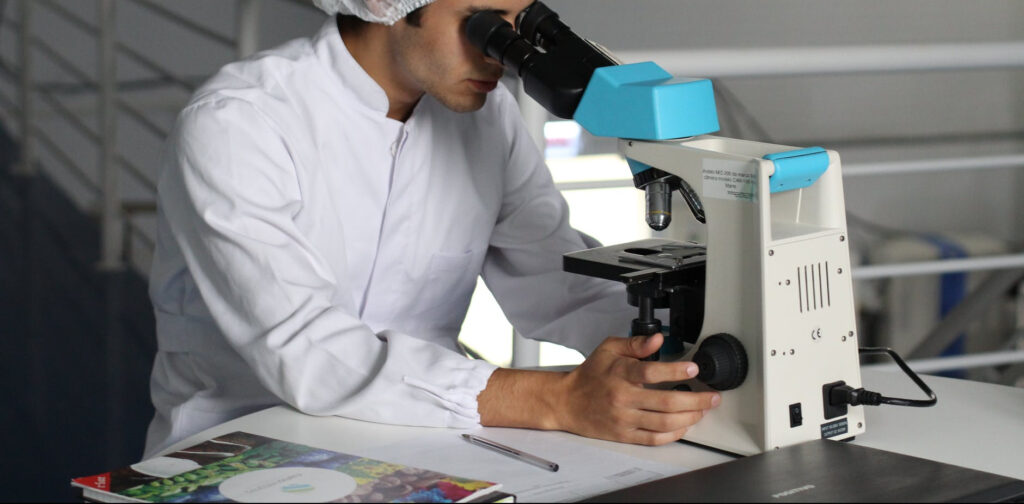
Title: Professor of Cardiovascular Medicine
Company: University of Texas Medical School at Houston
Location: Houston, Texas, United States
Nils P. Johnson, MD, Professor of Cardiovascular Medicine at the University of Texas Medical School at Houston, has been recognized by Marquis Who’s Who Top Doctors for dedication, achievements, and leadership in health care.
Since 2010, Dr. Johnson has excelled as a professor of cardiovascular medicine at the University of Texas Medical School at Houston. In addition to his primary post, he has been an invited lecturer in 19 different countries on four continents. Beyond his work as a medical educator, he has also been an accomplished author in the medical profession, drafting over 148 publications.
For his achievements in medicine, Dr. Johnson has been recognized with multiple awards throughout his career. In 2011, he was the recipient of the Young Author Achievement Award from the American College of Cardiology. In 2009, he received the Young Clinical Investigator Award from the American Heart Association. Dr. Johnson also earned a Rombach Award from Northwestern University in 2005.
In preparation for his career pursuits, Dr. Johnson attended Columbia University, earning a Doctor of Medicine in 2004. He completed a residency at the McGaw Medical Center of Northwestern University and a fellowship with the same institution, and holds multiple certifications in his field. Dr. Johnson is board certified in cardiovascular disease and interventional cardiology through the American Board of Internal Medicine and is further board certified in nuclear cardiology.
Dr. Johnson became involved in his profession and specialty because of the inspiration of Dr. Lance Gould, a well-known cardiologist. Dr. Johnson worked with Dr. Gould through his university program and still works for him. He considers receiving the Young Clinical Investigator Award from the American Heart Association to be one of his biggest career highlights, as he received the award for his study of coronary flow capacity, a method for synthesizing PET scan data for diagnoses. In the coming years, Dr. Johnson hopes to continue working on improving cardiac PET scans, making them available to everyone.
For more information, please visit:
Contact Dr. Johnson:



